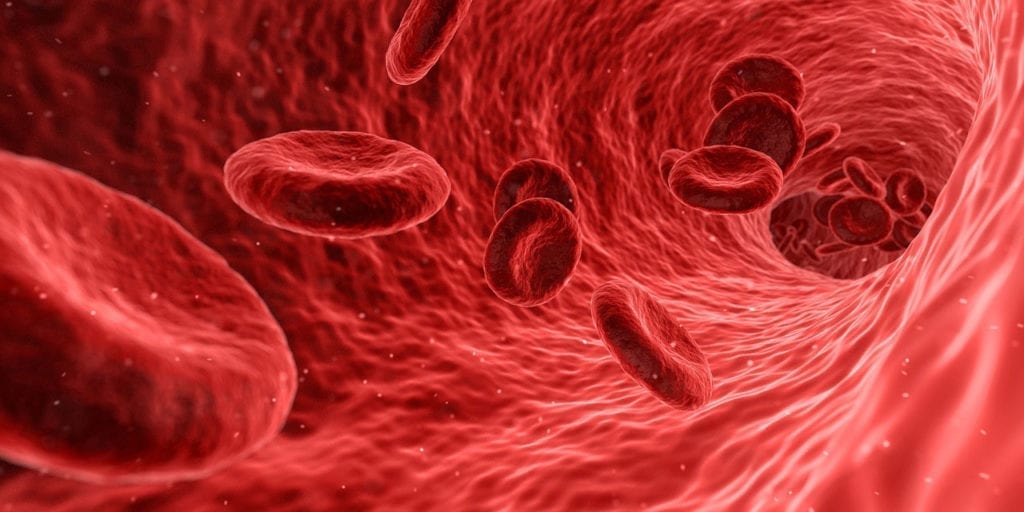Prednisone, oral steroids, intravenous hydrocortisone, and even blood transfusions are used to treat autoimmune hemolytic anemia (AIHA). AIHA comprises of warm AIHA, mixed AIHA, or cold agglutinin disease (CAD). Some individuals with severe AIHA – regardless of subtype – do not respond well to available therapies. In these individuals, doctors may treat with off-label intravenous immunoglobulins (IVIG).
But how effective is this add-on therapy in this patient population? Dr. Patricia Inacio, PhD explores this question in her article for Cold Agglutinin News. Researchers wanted to understand the role of IVIG in treatment for severe AIHA. They sourced data from 34 adults with AIHA through the CARMEN-FRANCE AIHA registry.
These individuals had been treated with at least one IVIG course between a specified eight-year period. A slight majority were female. 68% of individuals had warm AIHA, 14% had mixed AIHA, and 18% had cold agglutinin disease. Additionally, a majority of participants across all subtypes had previously received corticosteroid treatment and a blood transfusion.
Unpacking the Study Findings
Study findings, published in a Letter to the Editor in the American Journal of Hematology, highlighted the potential benefits of IVIG add-on therapy in certain individuals with severe AIHA. Findings from the study show that:
- Physicians were more likely to treat patients with IVIG when their condition was severe. Most patients were treated when their AIHA symptoms began, with the remainder treated when they experienced a relapse.
- Approximately 32.4% of individuals across all disease subtypes responded to treatment within seven days, with two individuals considered “good responders” because of the increase in hemoglobin levels. 38.2% of individuals required a blood transfusion, which meant that they did not respond to treatment.
- At 14 days, 57% of individuals were considered responders, with six considered “good responders.”
Although these numbers seem promising, the research team does caution that the population size included in the study was small and IVIG can be costly, so more research should be done before considering IVIG as an add-on therapy for AIHA.
What is Autoimmune Hemolytic Anemia (AIHA)?
Autoimmune hemolytic anemia is a rare disorder characterized by red blood cell hemolysis (destruction). The immune system mistakenly attacks red blood cells, believing them to be invading organisms. As described above, AIHA may be considered warm, cold, or mixed. In warm AIHA, the immune system attacks red blood cells at higher body temperatures. Alternately, the cold form occurs at normal or cold body temperatures, with mixed caused by a cold IgM antibody and warm IgG antibody.
AIHA can occur on its own (as a primary condition) or as the result of something else (as a secondary condition). If a secondary condition, AIHA may be caused by hepatitis, cytomegalovirus (CMV), HIV, Epstein-Barr virus (EBV), chronic lymphocytic leukemia, and multiple forms of blood cancer.
Symptoms of AIHA include fatigue, jaundice (yellowing of the skin and eyes), pale skin, dark urine, an enlarged spleen (splenomegaly), a rapid heartbeat, shortness of breath, general weakness, chills, and back pain.





